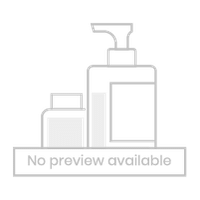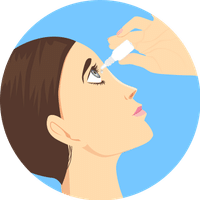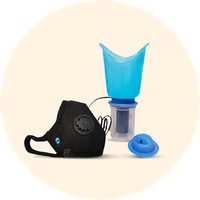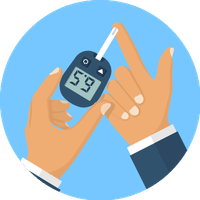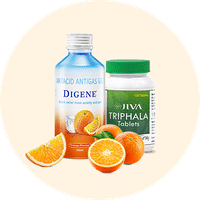Rs.597for 1 bottle(s) (50 ml Spray each)
food interaction for Xylocaine Spray
alcohol interaction for Xylocaine Spray
pregnancy interaction for Xylocaine Spray
lactation interaction for Xylocaine Spray
medicine interaction for Xylocaine Spray
food
alcohol
pregnancy
lactation
medicine
No interaction found/established
No interaction found/established
Xylocaine Spray is generally considered safe to use during pregnancy. Animal studies have shown low or no adverse effects to the developing baby; however, there are limited human studies.
SAFE IF PRESCRIBED
Xylocaine Spray is probably safe to use during breastfeeding. Limited human data suggests that the drug does not represent any significant risk to the baby.
SAFE IF PRESCRIBED
No interaction found/established
SALT INFORMATION FOR Xylocaine 10% w/v Spray
Lidocaine(10% w/v)
Xylocaine spray uses
How xylocaine spray works
Xylocaine Spray is a local anesthetic. It works on the skin by blocking pain signals from the nerves to brain. This numbs the area and decreases pain sensation.
Common side effects of xylocaine spray
Allergic reaction, Application site reactions (burning, irritation, itching and redness)
SUBSTITUTES FOR Xylocaine Spray
3 Substitutes
3 Substitutes
Sorted By
 Rs. 290pay 21% more per gm of Spray
Rs. 290pay 21% more per gm of Spray Rs. 190save 47% more per gm of Spray
Rs. 190save 47% more per gm of Spray Rs. 200save 83% more per gm of Spray
Rs. 200save 83% more per gm of Spray
Expert advice FOR Xylocaine Spray
- Lidocaine is prescribed to relieve itching and pain caused by scrapes, burns, rashes, bites and eczema.
- Apply it over the affected area with a clean fingertip, three to four times a day or as directed by your doctor.
- Do not apply it to broken or infected areas of skin, face, eyes or eyelids unless instructed to by your doctor.
- Do not cover the area being treated with airtight dressings such as bandages unless directed by a doctor, as this may increase the risk of side effects.
- Avoid contact with eyes, mouth, and nose. In case of accidental contact, rinse thoroughly with water.
- Consult your doctor if your skin condition has not improved after 2-4 weeks of treatment.
- Inform your doctor if you are pregnant, planning pregnancy or breastfeeding.
Frequently asked questions FOR Xylocaine 10% w/v Spray
Lidocaine
Q. What is Xylocaine Spray used for?
Xylocaine Spray is usually applied by a healthcare professional to the area being treated or to the medical equipment as part of a medical procedure. It helps to numb the area and reduces the discomfort associated with the insertion of medical instruments such as needles or catheters. It also helps to reduce the pain and inflammation in conditions such as heamorrhoids (piles) and anal fissures.
Q. How long does it take for Xylocaine Spray to work?
Xylocaine Spray is applied at the start of a medical procedure and takes 3-5 minutes for the numbing effect to occur.
Q. Is Xylocaine Spray toxic?
If Xylocaine Spray is used under the supervision of a doctor or as directed by your doctor, it is generally safe to use. However, using more than what is recommended may lead to a number of serious health issues such as numbness of mouth and throat if swallowed. This can lead to difficulty swallowing and even choking.













